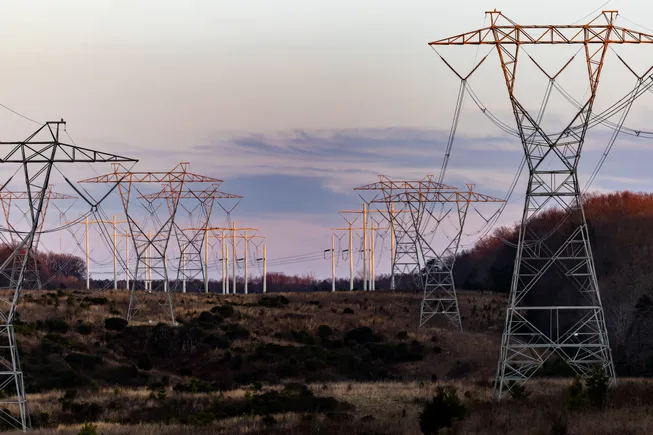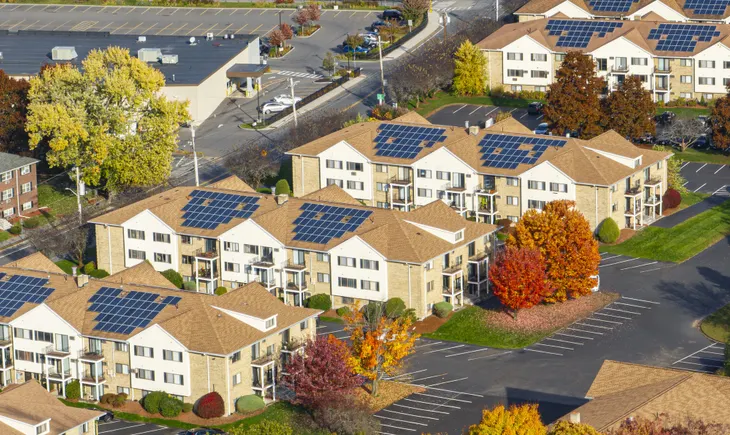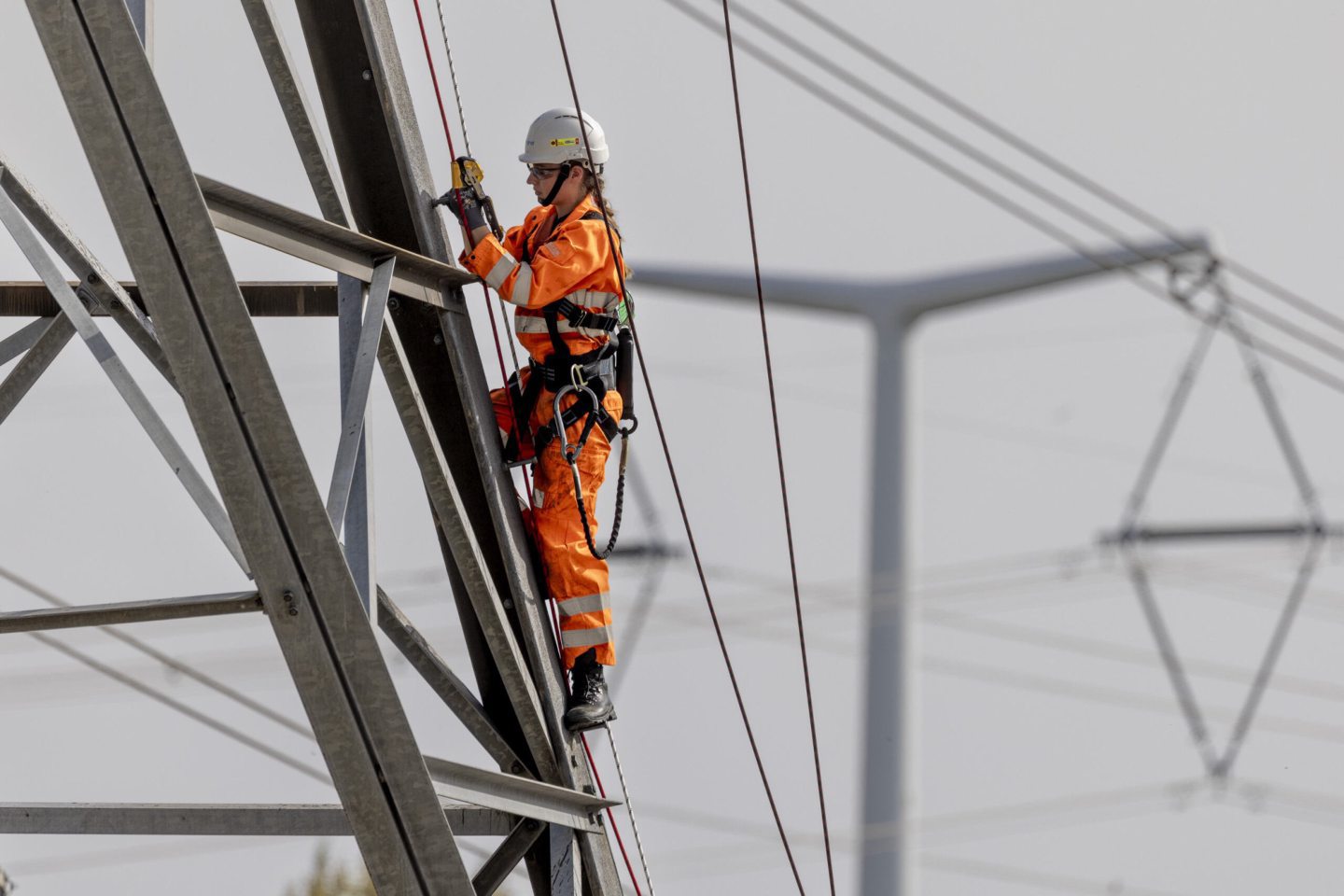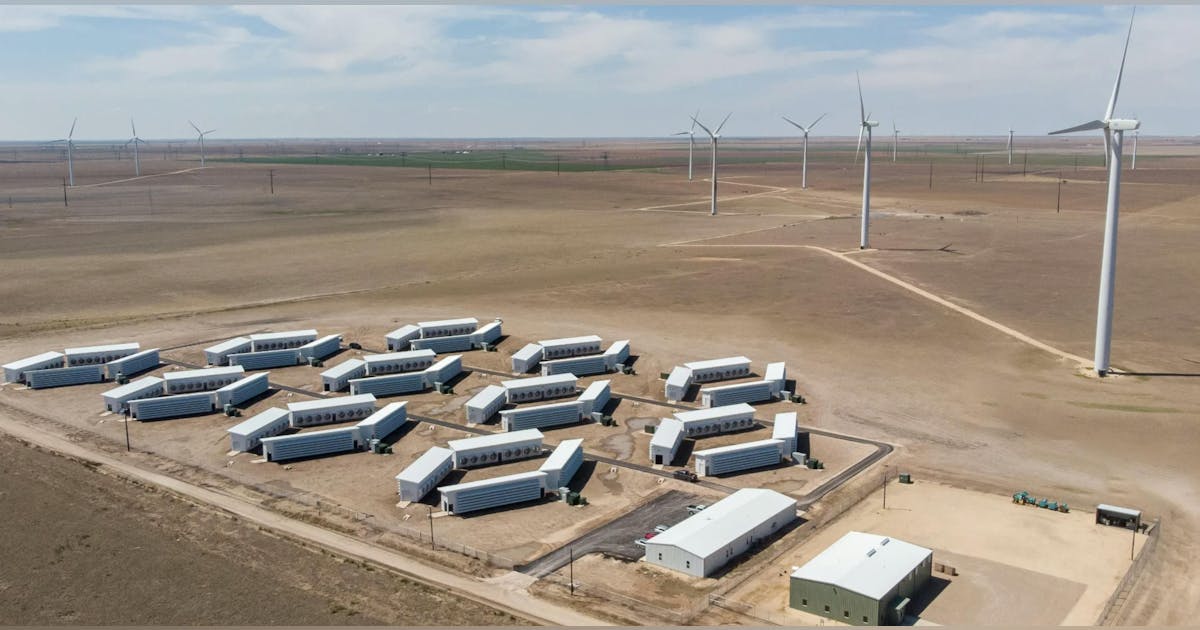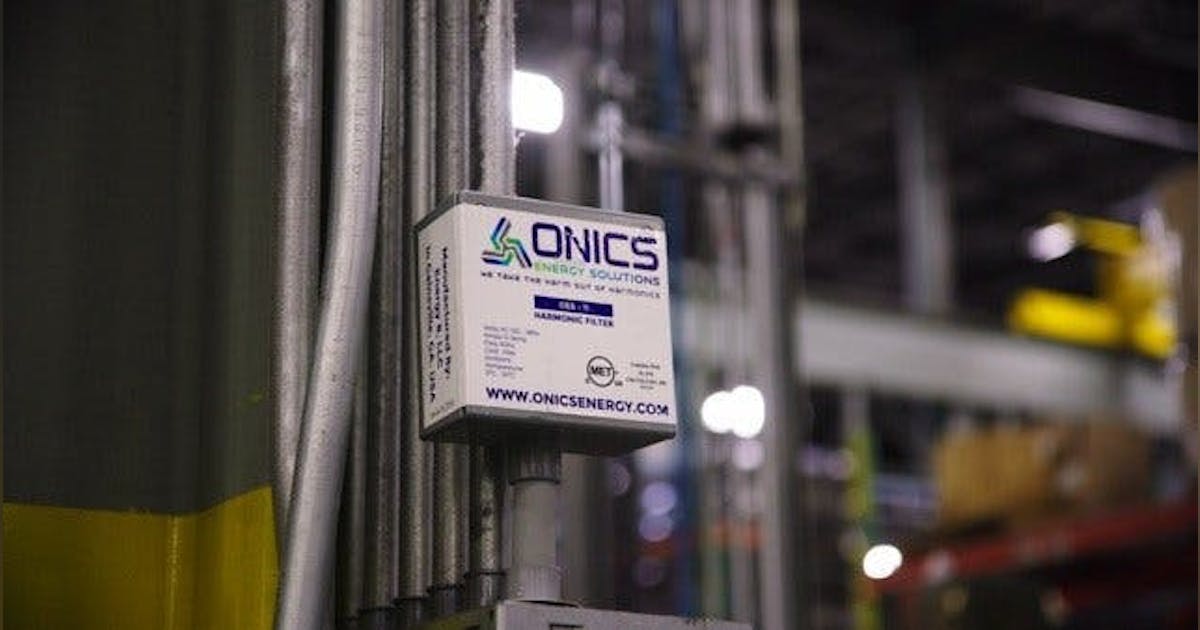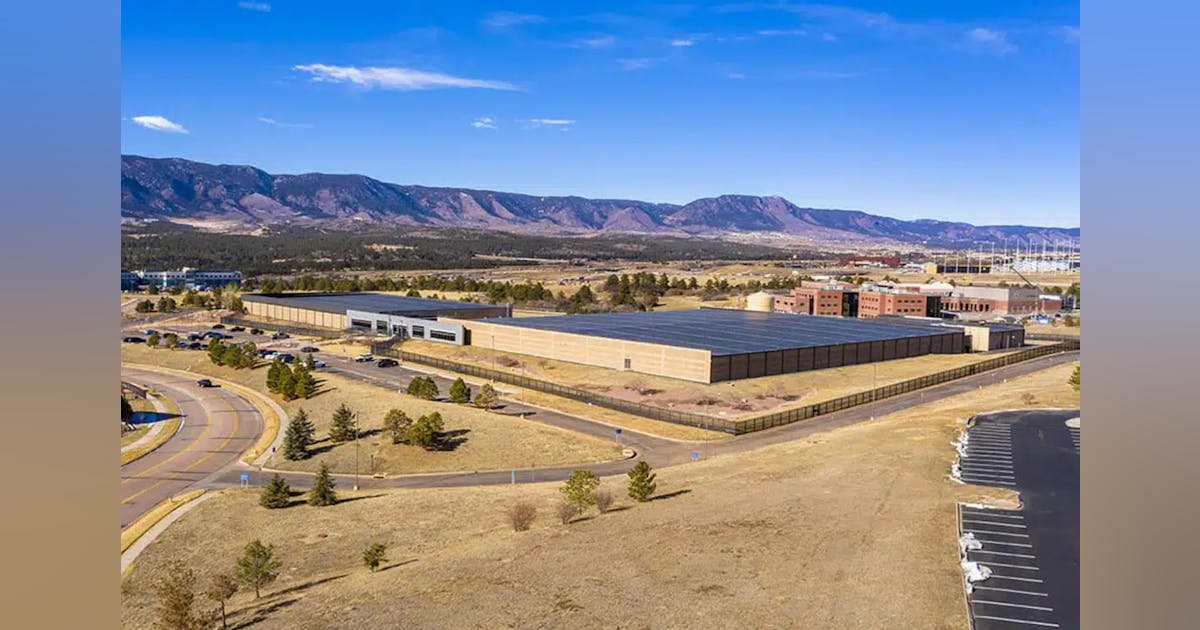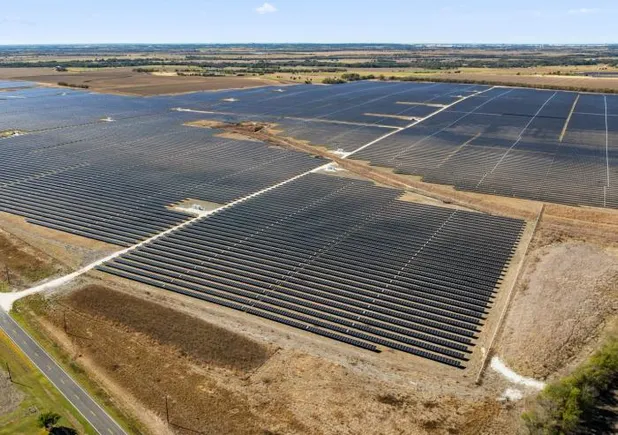
Dive Brief:
-
Global solar companies’ total corporate funding, including venture capital, public market and debt financing, declined 41% year over year during the first quarter of 2025, while energy storage companies’ funding fell 81%, according to Mercom Capital Group, a consulting firm.
-
Uncertainty — primarily around the fate of the Inflation Reduction Act and renewable energy tax credits, but also around tariffs and supply chain concerns — has prevented many financing deals from moving forward because the negotiating parties can’t reliably calculate potential returns, said Raj Prabhu, CEO and co-founder of Mercom Capital Group.
-
If Congress does not soon signal a consensus on the IRA’s fate, the renewable energy industry could end up snared in something like a sector-specific recession “in the sense that activity is going to stall because of the uncertainty,” Prabhu said.
Dive Insight:
Funding for solar, energy storage and smart grid companies plummeted essentially across the board during the first quarter of 2025 — an outcome Prabhu described as expected following the election of President Donald Trump, but one that could be concerning should the trend continue long term.
Prabhu said investor interest in renewable energy had begun to cool even before the election in November in conjunction with Trump’s then-growing popularity. But the slump isn’t related as much to Trump’s specific positions, Prabhu said, as it is to the overall lack of certainty about how key elements of U.S. energy policy will ultimately fare.
“Mergers and acquisitions can still happen, but financing is a whole other deal right now,” given that investors and developers don’t know what it will cost to import their equipment and how much they can expect to receive in tax credits, Prabhu said. “Yes, some venture capital deals can happen if you have a company with something really innovative. But beside the sure-fire deals … the rest are wait and see.”
Global solar companies — except companies based in China — raised $4.8 billion during the first quarter, down from $8.2 billion in the first quarter of 2024, but up from the $4 billion raised in the final quarter of 2024, according to data Mercom compiled. A single $1 billion venture capital deal caused the quarterly results, particularly for venture investment, to skew higher than they would otherwise appear, it noted. Public market funding totaled just $20 million, a 99% decline compared with the first months 2024, the firm said.
The results for energy storage companies were similarly skewed by a single large deal, though in the opposite direction. Northvolt’s $5 billion funding raise in Q1 2024 helped bring last year’s total to $11.7 billion, compared with $2.2 billion raised by energy storage companies this year. Smart grid companies saw Q1 funding drop 23%, from $686 million last year to $530 million this year.
These figures do not include the impact of the last several rounds of tariffs announced, paused and announced again in April, Prabhu said, so he expects investor interest in renewable energy to decline even further in the second quarter.
Real-world demand for renewable energy remains strong, but financiers can’t get the information they need to move ahead with new deals, Prabhu said. Tom Harper, the head of global consulting firm Baringa’s North American energy advisory team, noted that many private equity and infrastructure investors remain quite interested in operational renewable energy and battery storage assets. The appetite for smaller projects and projects that that remain in developmental stages is waning, however, Harper said.
Harper said he has spoken to companies that planned to sell portfolios of early- to mid-stage projects that have been unable to do so, prompting them to reconsider how much they themselves are willing to continue to spend on these projects.
If the market does not receive greater clarity on the direction of U.S. policy within the next few months, the impact to renewable energy markets and to the energy transition could be significant, Prabhu said.







